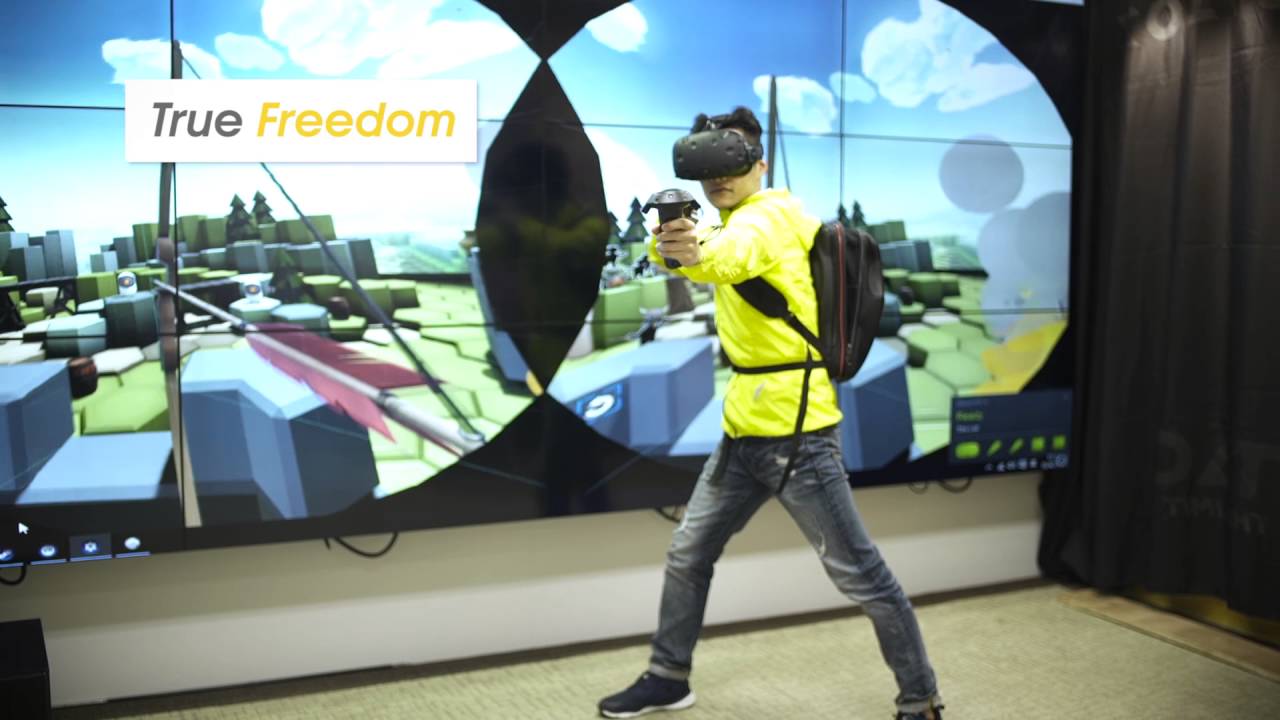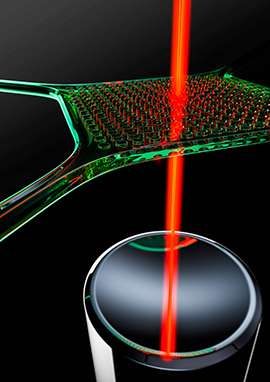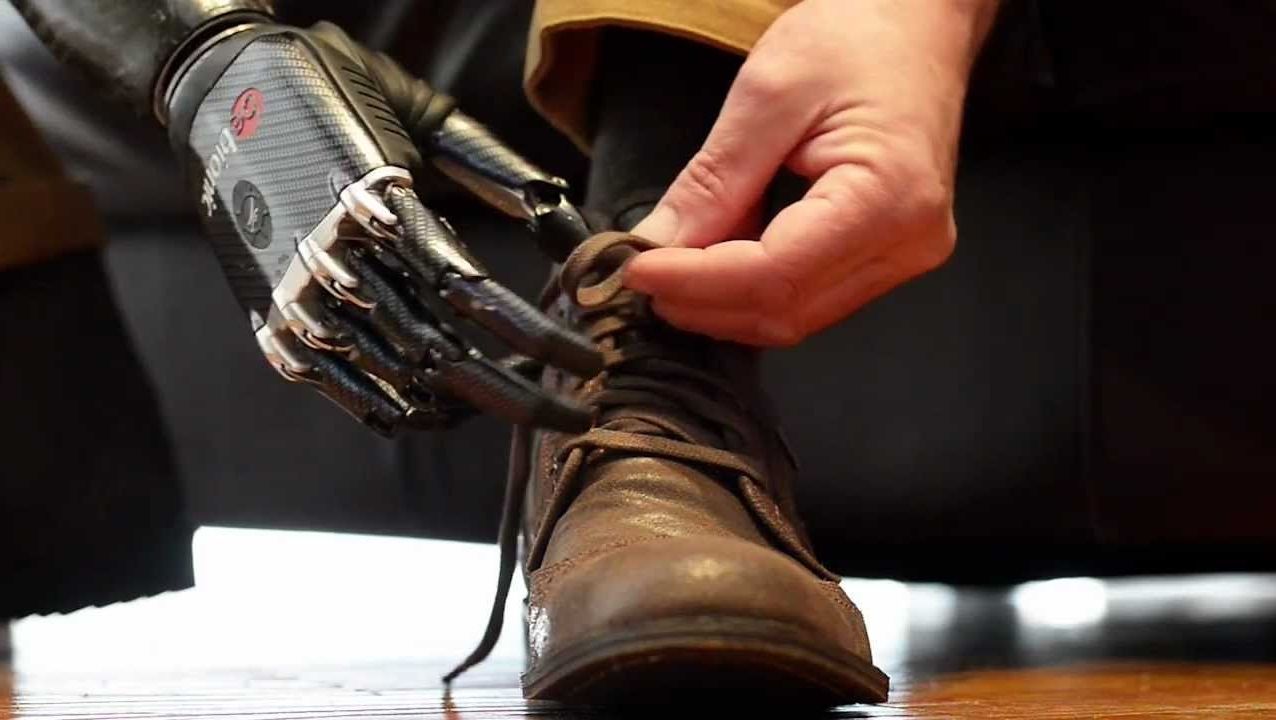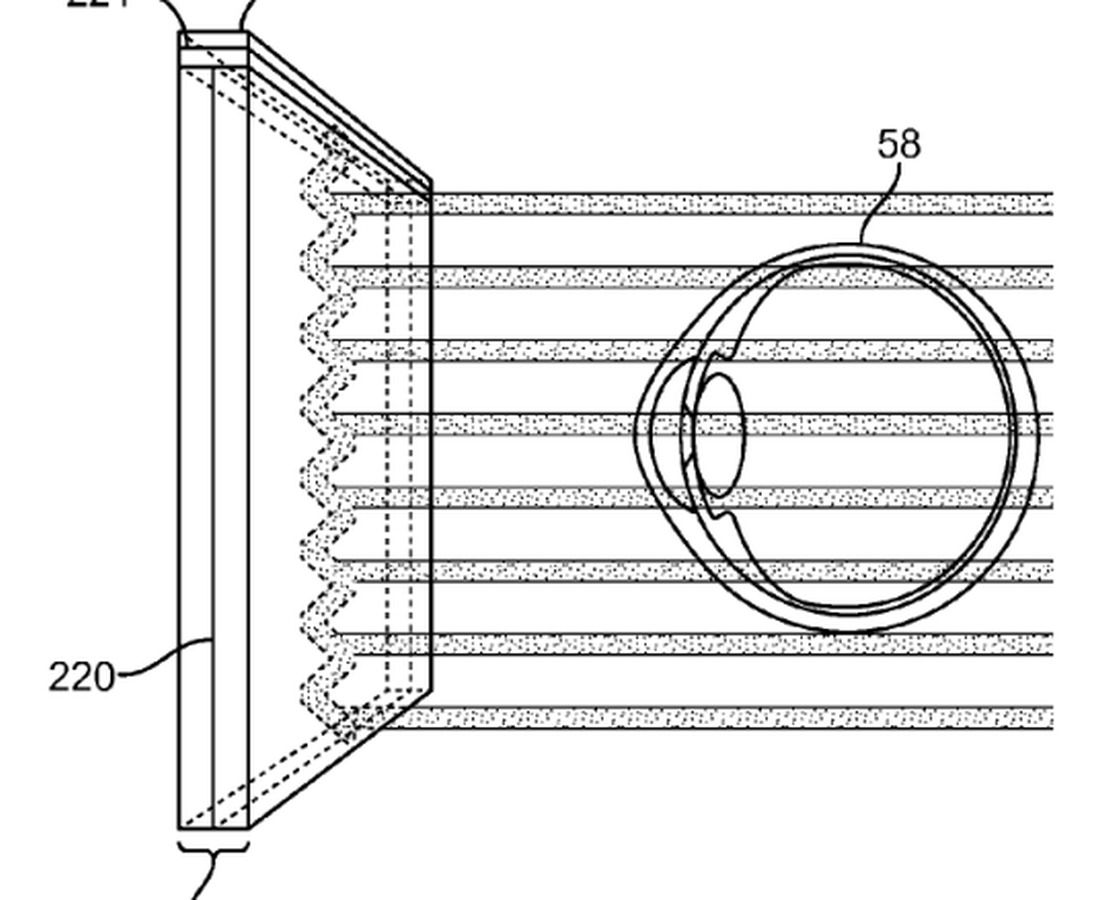Apr 25, 2016
Reliability of material simulations put to test
Posted by Karen Hurst in categories: computing, quantum physics
Change is good; looks like we’re about to re-review some existing simulation codes around Quantum Mechanic Simulation.
Researchers show that new generations of quantum mechanical simulation codes agree better than earlier generations’. The study appears in Science.
Several international scientists from over 30 universities and institutes teamed to investigate to what extent quantum simulations of material properties agree when they are performed by different researchers and with different software. Torbjörn Björkman from Åbo Akademi participated from Finland. Björkman has previously worked at COMP Centre of Excellende at Aalto University. “A group of researchers compared the codes, and the results we got were more precise than in any other calculations before,” he said.
The possibility to produce identical results in independent yet identical researches is a corner stone of science. Only in this way science can identify ‘laws’, which lead to new insights and new technologies. However, several recent studies have pointed out that such reproducibility does not always come spontaneously. Even predictions by computer codes require caution, since the way in which theoretical models are implemented may affect simulation results.
















